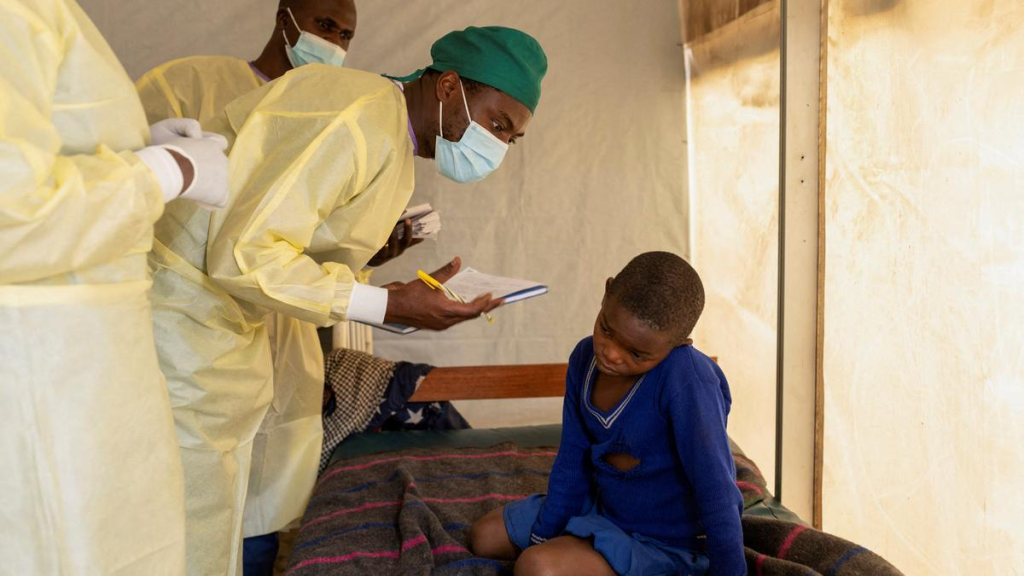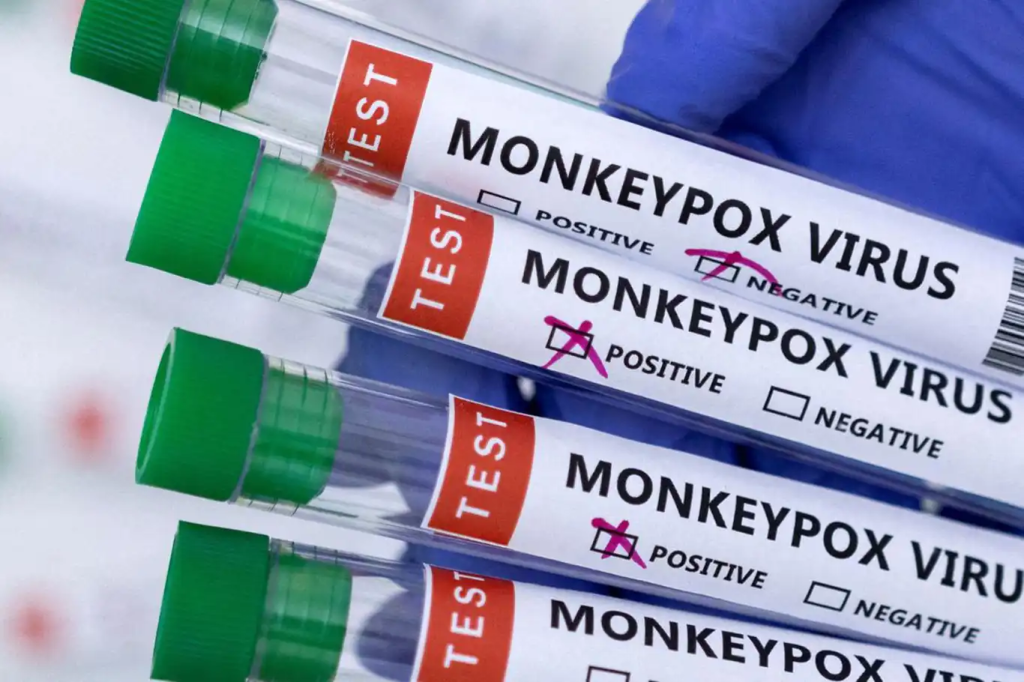Global Spread and New Strains of Mpox
In 2024, the World Health Organization (WHO) declared a public health emergency due to the increasing spread of mpox in several African countries, including the Democratic Republic of Congo (DRC), Burundi, Kenya, Rwanda, and Uganda. The DRC is experiencing the largest outbreak, with more than 22,000 cases and over 1,200 deaths reported since the beginning of the year. This surge has been largely attributed to a new, more virulent strain of the virus, known as clade 1b.
The clade 1b variant has also been detected outside Africa, with cases reported in Sweden and Pakistan, raising alarms about the potential for a wider international outbreak. As of today, the risk to the general public in the United States and other Western countries remains low, but the situation is being closely monitored by health authorities.
Monkeypox in the U.S.: A Cause for Concern?
While the current outbreak in Africa is driving much of the concern, the U.S. has also seen its share of mpox cases in 2024. Over 1,399 cases have been reported this year, mostly of the clade II variant, which was responsible for the global outbreak in 2022. The Centers for Disease Control and Prevention (CDC) continues to emphasize that the risk to the general American public is low, but the situation could change rapidly if clade 1b were to spread more widely.
Health experts are particularly concerned about the possibility of new outbreaks in the U.S. due to international travel and the interconnectedness of global health. The CDC recommends that individuals at higher risk, including those with multiple sexual partners and those who have been diagnosed with sexually transmitted infections, should consider getting vaccinated against mpox.
Vaccination and Prevention
Vaccination remains the most effective way to prevent mpox, particularly among high-risk groups. The primary vaccine used in the U.S. is JYNNEOS, which is administered in a two-dose series. Despite the availability of vaccines, there is concern that uptake has been insufficient, with only about 25% of the at-risk population vaccinated during the previous outbreak.
The CDC and WHO continue to advocate for increased vaccination efforts, especially in areas where the virus is spreading rapidly. In Africa, where access to vaccines is limited, the need for a coordinated international response is critical. The WHO has called for $15 million in funding to support vaccine distribution and containment efforts in affected regions.
Global Response and the Importance of Solidarity
The current mpox outbreak is not just a test of public health systems but also a test of global solidarity. The uneven response to the 2022 mpox outbreak, which disproportionately affected African nations, highlighted significant disparities in global health equity. Health leaders warn that failure to adequately address the current outbreak could have dire consequences, not just for Africa but for the entire world.

Dr. Ebere Okereke, a global health expert, emphasized that the international community’s response to this outbreak will serve as a litmus test for future pandemic preparedness. She stressed that the world must learn from the mistakes of the COVID-19 pandemic and ensure that resources, including vaccines, are distributed equitably.
Staying Vigilant and Informed
As the world grapples with the ongoing mpox outbreak, staying informed and vigilant is crucial. The situation is fluid, and public health recommendations may change as new information becomes available. For now, the key to preventing a larger crisis lies in widespread vaccination, effective surveillance, and global cooperation.
For those in the U.S. and other regions not yet heavily affected, the risk may seem distant, but the interconnected nature of global health means that vigilance is essential. By staying informed, following public health guidelines, and supporting international efforts to control the virus, we can all play a part in preventing the spread of mpox and protecting public health worldwide.


